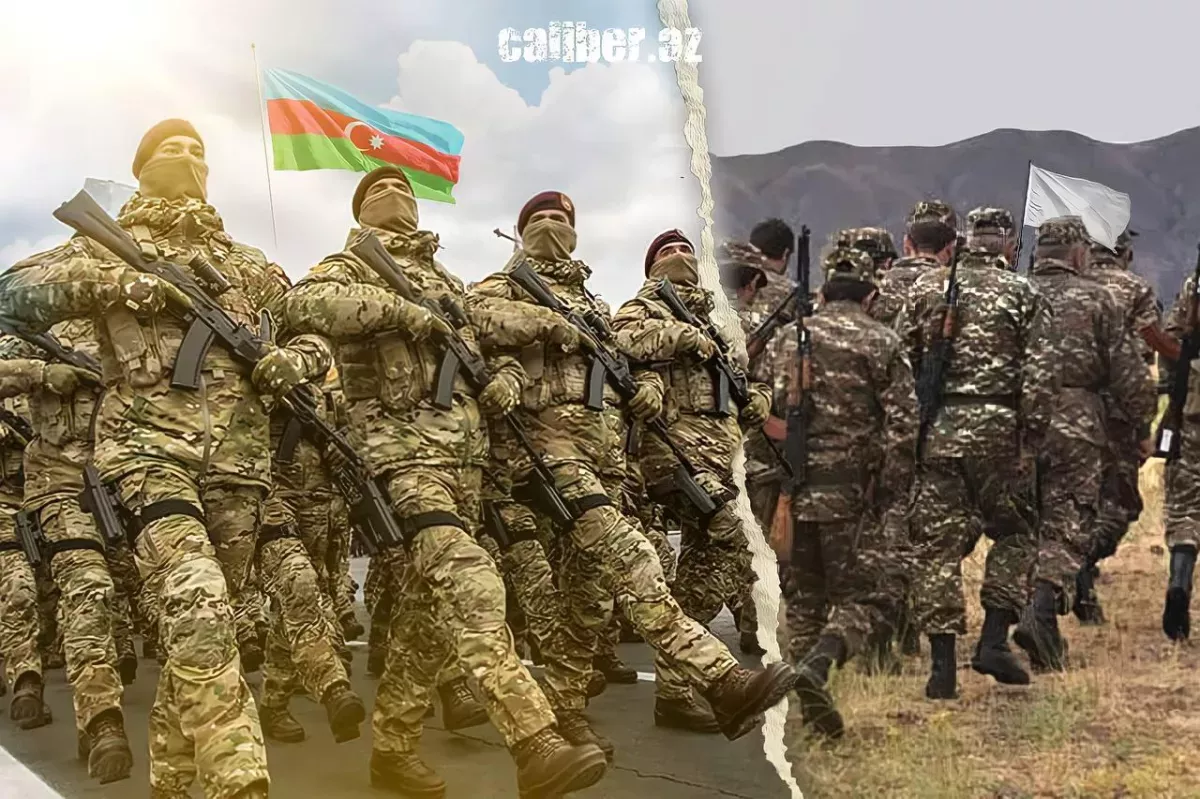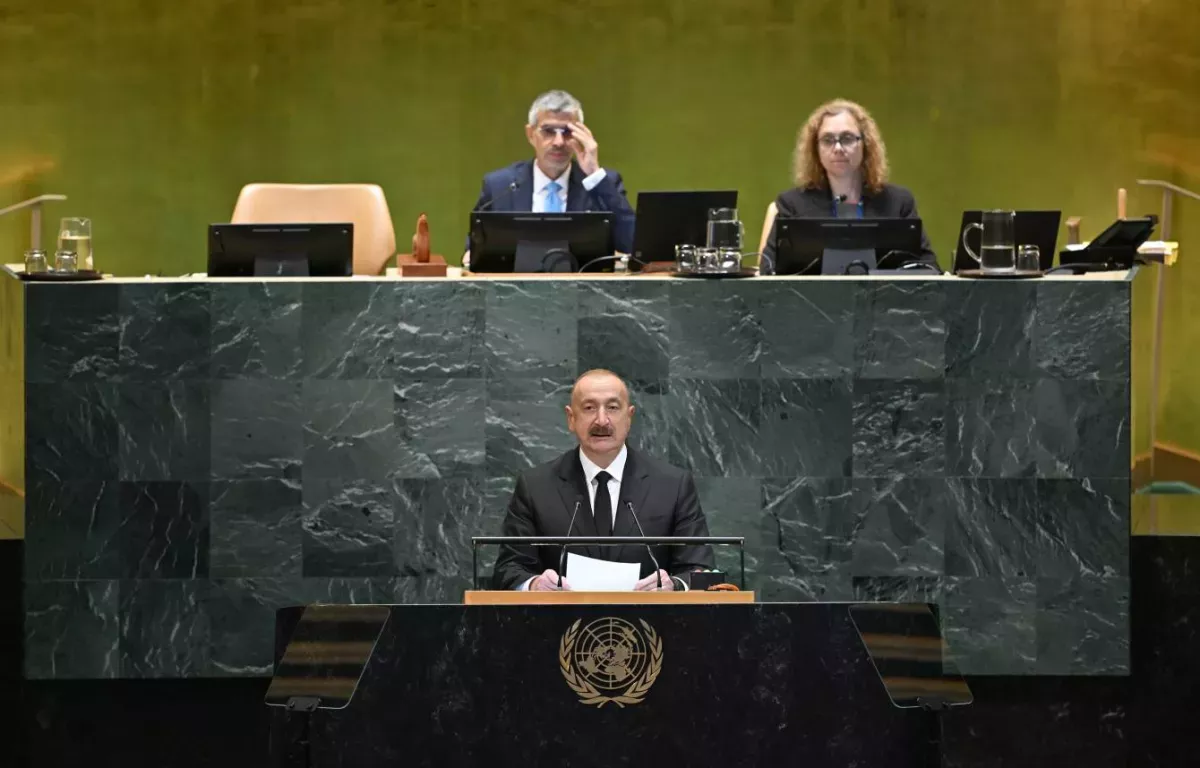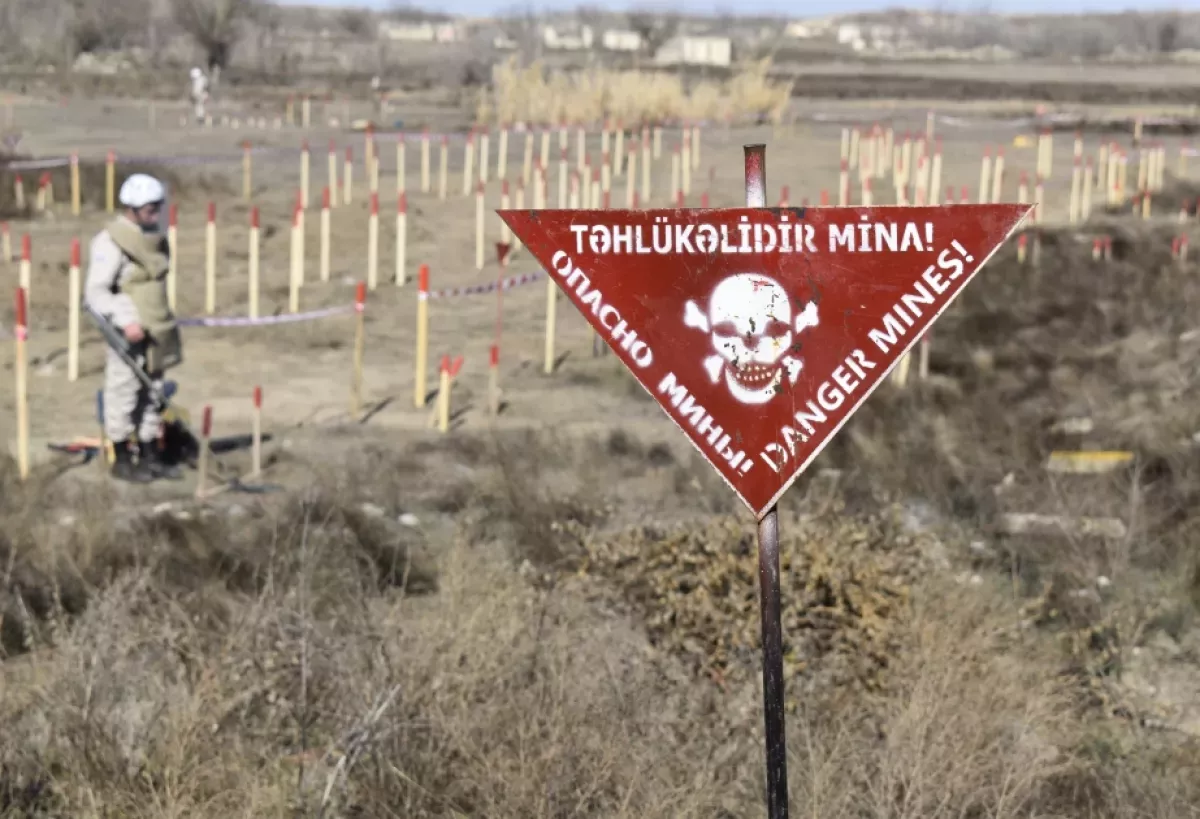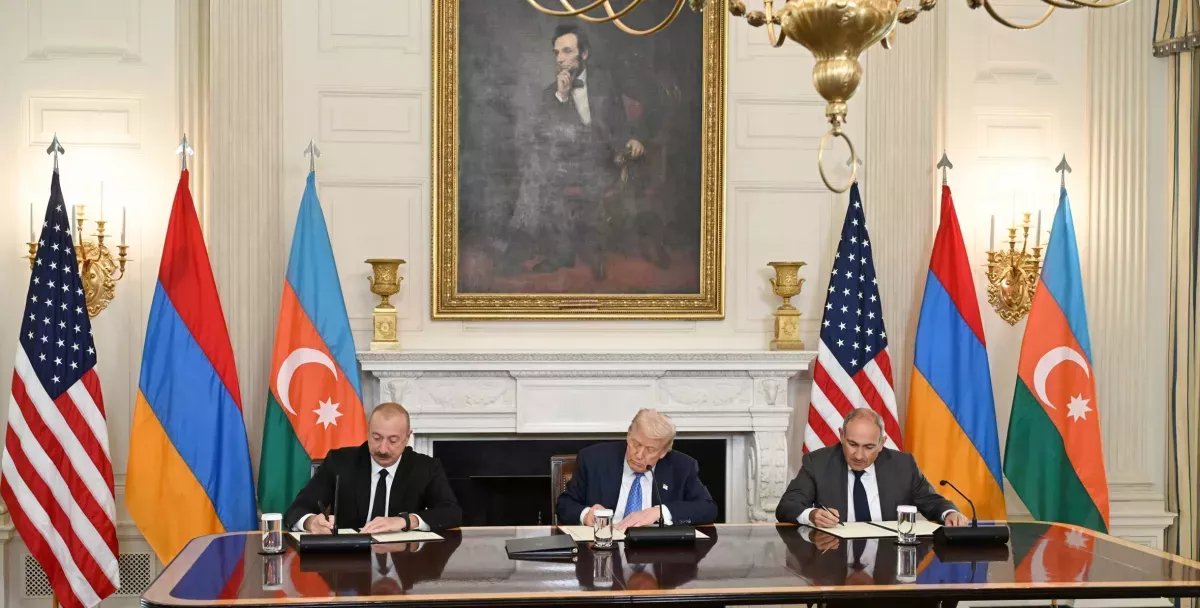September 27, 2020: Azerbaijan’s journey to peace begins with battlefield victory Five years after the Patriotic War
September 27 – Memorial Day. One of the most important dates in Azerbaijan’s history. It marks the beginning of the Patriotic War, which led to a remarkable and, to this day, decisive victory for the Azerbaijani people. It was then that our valiant army, led by the Supreme Commander-in-Chief, President Ilham Aliyev, achieved a complete and unconditional victory over the aggressor.

Indeed, on this difficult path, our soldiers and officers sacrificed their lives. But, as the head of state repeatedly emphasised, their blood was not shed in vain. May Allah have mercy on all our martyrs!
In light of this significant date, we would like to look back at the events of five years ago through the lens of their subsequent developments, focusing on one of the key themes of President Ilham Aliyev’s historical address during the 80th session of the UN General Assembly.

It is worth recalling that the head of state highlighted not only Azerbaijan’s victory in war but also in establishing peace. This phrase became one of the central leitmotifs of President Aliyev’s entire speech. It was well understood in Azerbaijan—and perhaps even in Armenia. But did foreign analysts grasp its full meaning? After all, there is a crucial subtext here: while the perspective of military victory is clear to everyone, how should we understand victory in establishing peace?
Naturally, outside Azerbaijan, interested parties are capable of recognising the key emphases of President Aliyev. Yet the unfortunate uniqueness of the situation lies elsewhere: partisan forces sought to obstruct Azerbaijan not only on the battlefield—whether in 2020 or 2023—but also along the path toward a genuine and lasting peace.
Indeed, Azerbaijan achieved a brilliant and decisive victory on the battlefield, adhering to all written and unwritten rules of warfare. The aggressor, however, acted differently—barbarically and inhumanely, shelling civilian cities at night. Yet even while defending its homeland in accordance with Article 51 of the UN Charter on self-defence, the Azerbaijani people faced a flood of unjust accusations. A similar reaction followed the unique, localised counter-terrorism operation in 2023, when separatist forces were neutralised on Azerbaijani territory in less than a day.
But that was only half the challenge. What followed was an entirely different moment: the victorious country extended a hand of peace to the defeated side—a truly unique case in world history. Yet, instead of support, Baku faced blatant injustice. The country was bombarded with baseless accusations of “ethnic cleansing” and other fabricated crimes. These attacks were amplified through the adoption of anti-Azerbaijani resolutions by certain international organisations and the parliaments of partisan countries.
All this unfolded while Azerbaijan was demonstrating to the world the traces of the aggressor’s barbarism and inhumanity. Yet, instead of condemning historically documented acts of genocide, ethnocide, cultural destruction, and urban devastation against the Azerbaijani people, the global “elite,” considering itself a “flourishing garden,” turned against Azerbaijan, ignoring even the most basic norms of international law.

Even the mine threat, which continues to claim the lives of civilians during peacetime, has gone largely unaddressed. To this day, no international body has demanded that Armenia provide accurate maps of minefields.
Despite all this, Azerbaijan’s hand of peace remained extended. Negotiation platforms succeeded one another at a kaleidoscopic pace, yet progress remained stalled. President Aliyev made it clear to neighbouring states that the five principles proposed by Baku, forming the foundation of a peace agreement, would allow Armenia to become an active player in global politics rather than a passive subject. Time and again, it was emphasised to Yerevan and the international community that participation in regional economic projects could give Armenia the opportunity to become a significant transit state.
But Armenia’s patrons dictated different moves for the country. It was only Azerbaijan’s patience—holding firm and keeping its hand of peace extended despite external pressure and threats—that brought the situation to a new stage.
Eventually, Armenia agreed to bilateral talks with Azerbaijan, a format that Baku had proposed several years earlier. The result was the August agreements brokered with the mediation of U.S. President Donald Trump, including the legalisation of the Zangezur Corridor under the “Trump Route for International Peace and Prosperity” (TRIPP).

Even this brief overview of the past five years clearly shows that Azerbaijan’s peace initiatives were repeatedly undermined, both by Armenia itself and by its external backers. This is precisely why, in his landmark speech in New York, President Ilham Aliyev emphasised that our country achieved victory not only on the battlefield but also in establishing peace. And this is indeed a significant victory, considering how actively it was obstructed by known forces.
Azerbaijan has set an example of how noble and just goals can be achieved—not only in one’s own interests. For this reason, during the 80th session of the UN General Assembly, the head of state, having demonstrated de facto peace, expressed Baku’s readiness to share this experience. As President Aliyev stressed, the achievements of recent years are not only a victory for Azerbaijan but also powerful proof that international law ultimately prevails.








